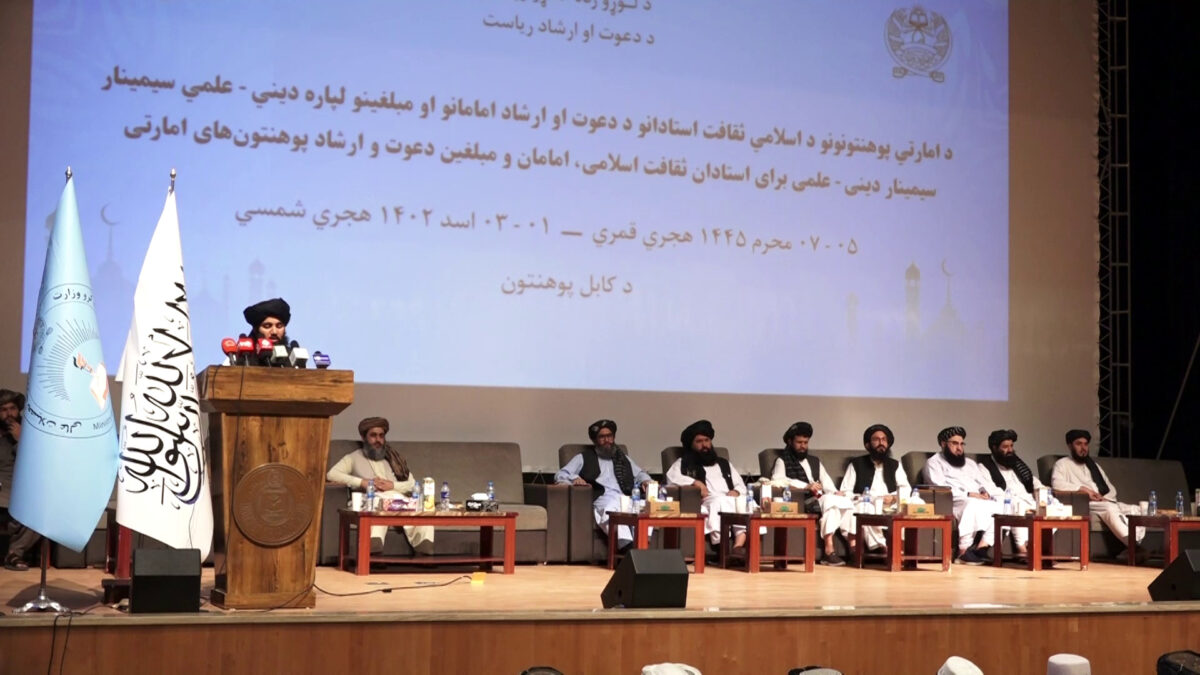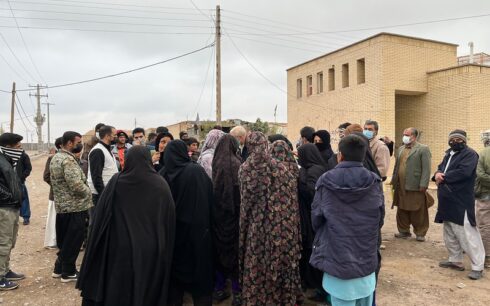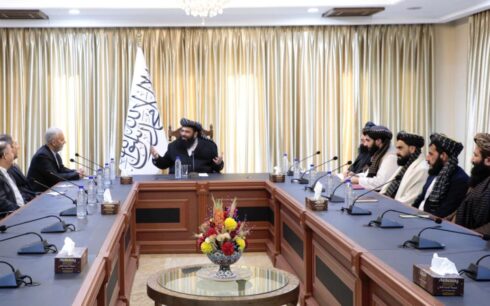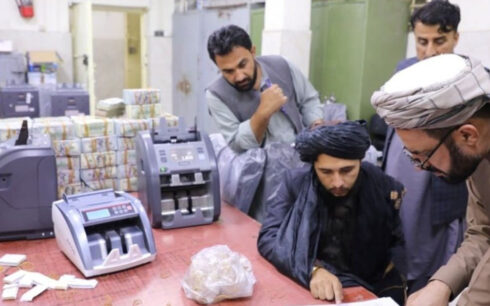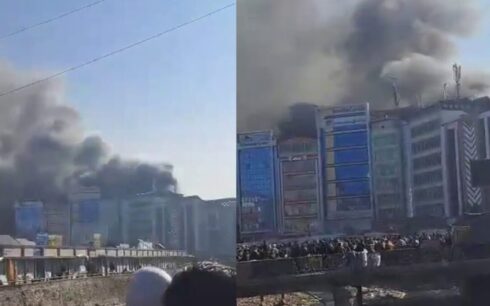Two years into their rule, the Taliban are still isolated by the foreign community and diplomatic corps but Abdul Kabir, the Taliban’s deputy chief minister, says he has engaged in “secret” talks with a foreign minister.
Without disclosing the identity of the foreign minister, nor where the meeting took place, Kabir said the minister had expressed his country’s readiness to host a meeting that could further the Taliban’s political standing.
Speaking at a three-day event in Kabul, Kabir would also not say what country the top diplomat was from.
“His personal demand was that they will hold a special event… and if we do this, the Islamic Emirate (Taliban) will move forward in politics,” Kabir said. He also mentioned the minister’s willingness to provide training for Taliban forces.
The remarks from Kabir come amidst differing views within the Taliban leadership regarding engagement with the rest of the world. While Siraj Haqqani, a key member of the Taliban, stated that they do not need recognition from the international community, another senior Taliban member Yaqub Mujahid said they will not negotiate with the US regarding recognition.
Kabir, however, remains optimistic about the Taliban’s engagement prospects, asserting that “the world is obliged and it will definitely engage with the Islamic Emirate (Taliban).”
Despite such claims, analysts have expressed reservations about the possibility of the world interacting with the Taliban given their record on human rights violations, their association with terrorist groups, and the lack of a comprehensive government formation.
“Diplomacy requires adherence to international norms, respect for human rights, and acceptance of the United Nations Charter. It’s not a realm of explosions and suicide attacks,” remarked Wais Naseri, a political expert.
Amidst the complex situation, voices from the public also reflect the challenges faced by Afghanistan’s citizens. Fatima, a worker at a beauty salon, voiced concerns about the recent ban imposed by the Taliban on the sector, stating: “They must remove the sanctions from us. We should study. If we don’t study, how can we educate our children? Let us study and work as well. When we don’t have problems, why do they create problems?”
It has been nearly two years since the Taliban took control, but no country has officially recognized its authority, and there are no immediate signs of such recognition. The United States has also stated that the Taliban is far from achieving international recognition. The path to acceptance on the global stage remains fraught with complexities for the Taliban, and their engagement with the international community remains a contentious issue.

